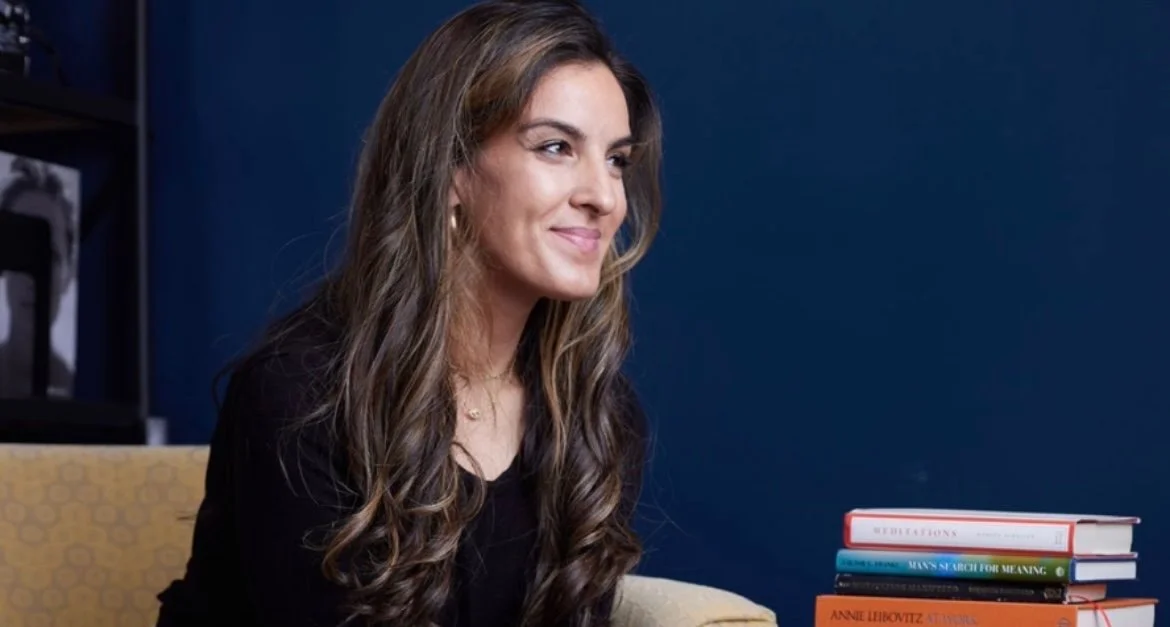Healing Together: Child-Parent Psychotherapy
Ever wondered if it’s possible to heal alongside your child?
Yes. Not only is it possible, it is the best investment you can make. It impacts your child’s growth, development and healing…
Becoming a parent can be a new experience. It can and often does brings up a lot for us. Engaging in healing is a gift we give ourselves, and also creates a steady platform for secure connections with our children.
As we heal, our children benefit from the positive ripple effects….of our love, stability and joy.
So yes, healing alongside your parenting, and alongside your child’s development (whatever phase they are in), is commendable; and one of the wisest decisions I’ve seen parents make.
———————
Most of us have experienced both joys, good times and love, as well as some kind of pain, struggle or difficulty. And some of us have grown up with some levels or experiences of trauma; we are human and no family is perfect. Perhaps you experienced loss or death at a young age, grew up in a household where verbal abuse was prevalent, or had parents who struggled with an addiction or mental illness. Or maybe your experience was more subtle; perhaps you were raised in an invalidating environment, were shamed, or were criticized frequently.
When these adverse experiences occur in early childhood, they take root and change how you think and feel about the world. You may have strong emotional reactions to certain triggers or are constantly hard on ourselves. These behaviors become patterns as we navigate life, engage professionally, form relationships, and even parent our children.
Sometimes trauma gets buried with layers and layers, until something happens that kicks it up to the surface — often starting a family is a common event that causes resurfacing of our own trauma.
"Ghosts in the Nursery"
In 1975, Selma Fraiberg was a pioneer in the field of infant mental health. As a clinical social worker and child psychologist, Selma studied how parents tend to their children. She noted one client, Mary, seemed oblivious to her baby's cries. After getting to know Mary, Fraiberg learned Mary's mother had suffered from suicidality and psychosis, and her father was in jail.
As a young girl, Mary was shuffled between different foster families, experiencing childhood neglect. Without realizing it, Mary was penetrating the same cycle of neglect onto her new baby.
Like lurking ghosts, unprocessed childhood trauma will haunt us as we attempt to bond, tend to, and care for our own children.
Fraiberg describes this phenomenon as "ghosts in the nursery". Unknowingly, many people repeat maladaptive parenting styles and become the parent they swore they would never be. The ways we were treated as young children, both by those who were there for us and those who scared us, all influence how we relate to the next generation.
So, now what? How can we become aware of these ghosts and bust them out of our children's trajectory?
First step: Engaging in your own therapy.
By processing your own wounds, you will be able to be more present for your children, and connect from a place of more regulation. If you’re already regulated, and are looking for work with your child, here’s the next best suggestion:
Child-Parent Psychotherapy (CPP)
Child-Parent Psychotherapy is a therapeutic model designed by Selma Fraiberg to help both the primary caregiver and their child heal from trauma together.
Who does CPP help?
CCP is designed for children who have experienced trauma, mental health, or behavioral concerns. CCP sessions include both the primary caregiver and the child. Primarily based on the attachment theory, CPP understands the importance of how a baby connects to their primary caregiver, while also including components from psychodynamic, developmental, and behavioral theories.
How does it work and help heal?
CPP focuses on strengthening the parent-child relationship. It isn’t about the therapist swooping in to cure the child; rather it encourages the primary caregiver to provide safety and soothing to the distressed child. Utilizing play therapy, the primary caregiver is supported in helping their child make sense of what happened to them. CCP helps the primary caregiver gain a greater level of understanding of what hardships they have been through.
Understanding their trauma allows the parent to consciously choose how they would like to relate to their children and they recognize their child's behaviors may be an attempt to protect themselves from scary or painful experiences.
It allows parents more compassion for their children and provides them with skills for responding to challenging behaviors. The primary goal of Child-Parent Psychotherapy is to cultivate a healthy relationship between the child and caregiver, through which both the child can regain wellness and optimal functioning.
Learnings from CPP
Now back to Selma Fraiberg, Mary, and her ever-screaming infant…
Mary began sharing her childhood experiences with Selma, she resurfaced the feelings of despair and loneliness she had felt as a young girl. In time, Mary learned to recognize how these unconscious feelings of neglect were impacting how she cared for her baby. She was able to become more attentive and nurturing to her child. Through the process of recognizing her early-childhood trauma, Mary was able to break this transgenerational pattern. In Fraiberg's words,
"Only when the mother's cries are heard, will she hear her child's cries."
Every family has their story of transgenerational trauma. Many of us go about our lives constantly encountering ghosts from painful or challenging childhoods. Some ignore them, avoid them, attempt to lock them out, or push them away.
But those who are courageous and daring, invite their ghosts in, sit them down for tea, and discover how they can begin to respond differently, so that they and their children together can grow in peaceful nurseries.
Where to begin? Reach out. We are here for you.
And if you’re looking for some one on one support to help you in your healing, I am here for you!
Reach out today for your FREE 15 minute consultation.
Sending you strength
Xx
Nami and the Integrative Team
Are you a therapist?
The world needs therapists who understand how to help clients heal attachment so they can connect deeper with their children and loved ones.
If you are ready to gain mastery in your clinical skills,
Click here to apply to get on the waitlist for the trauma mastery training for therapists program.
Looking forward to meeting you soon! Warmly, Esther



